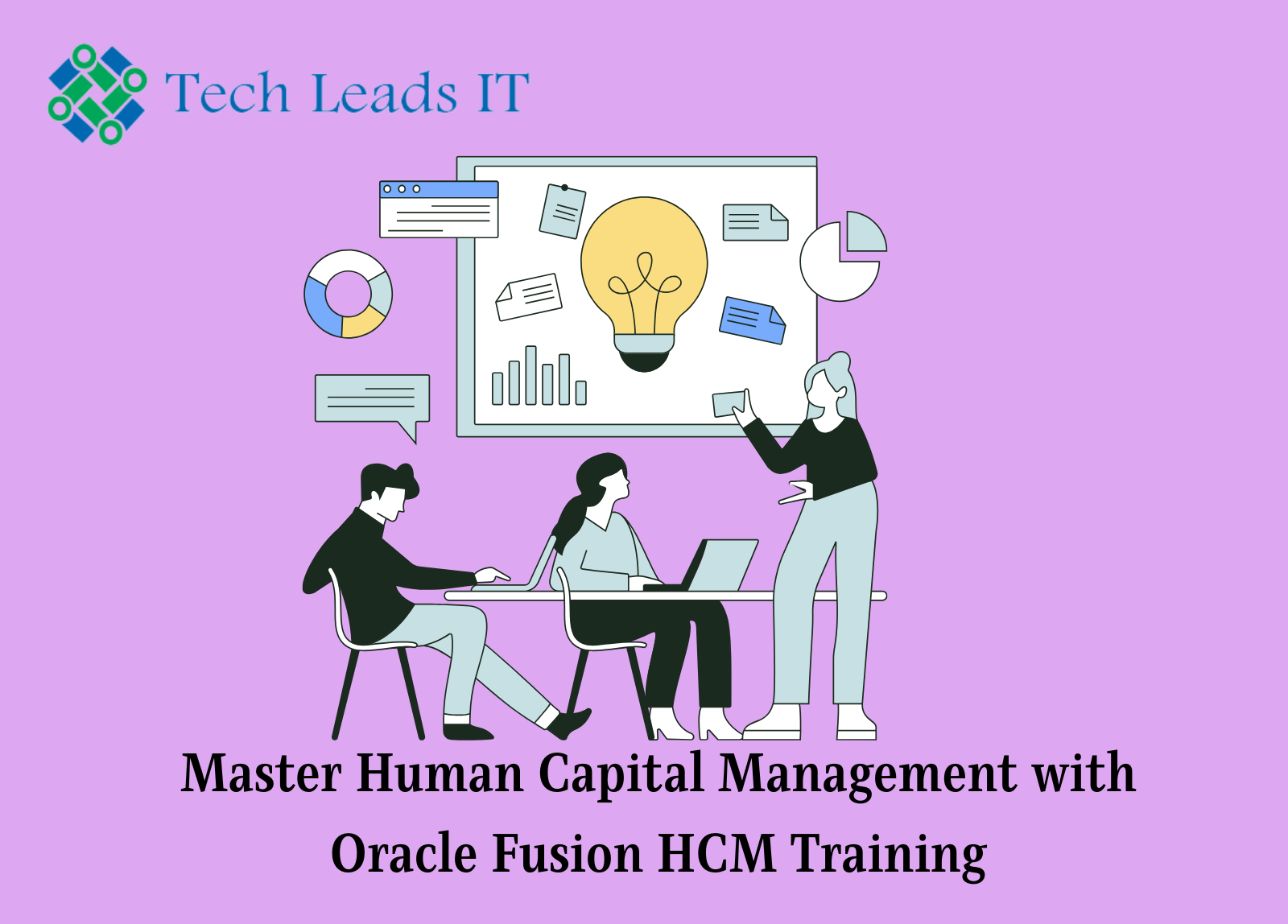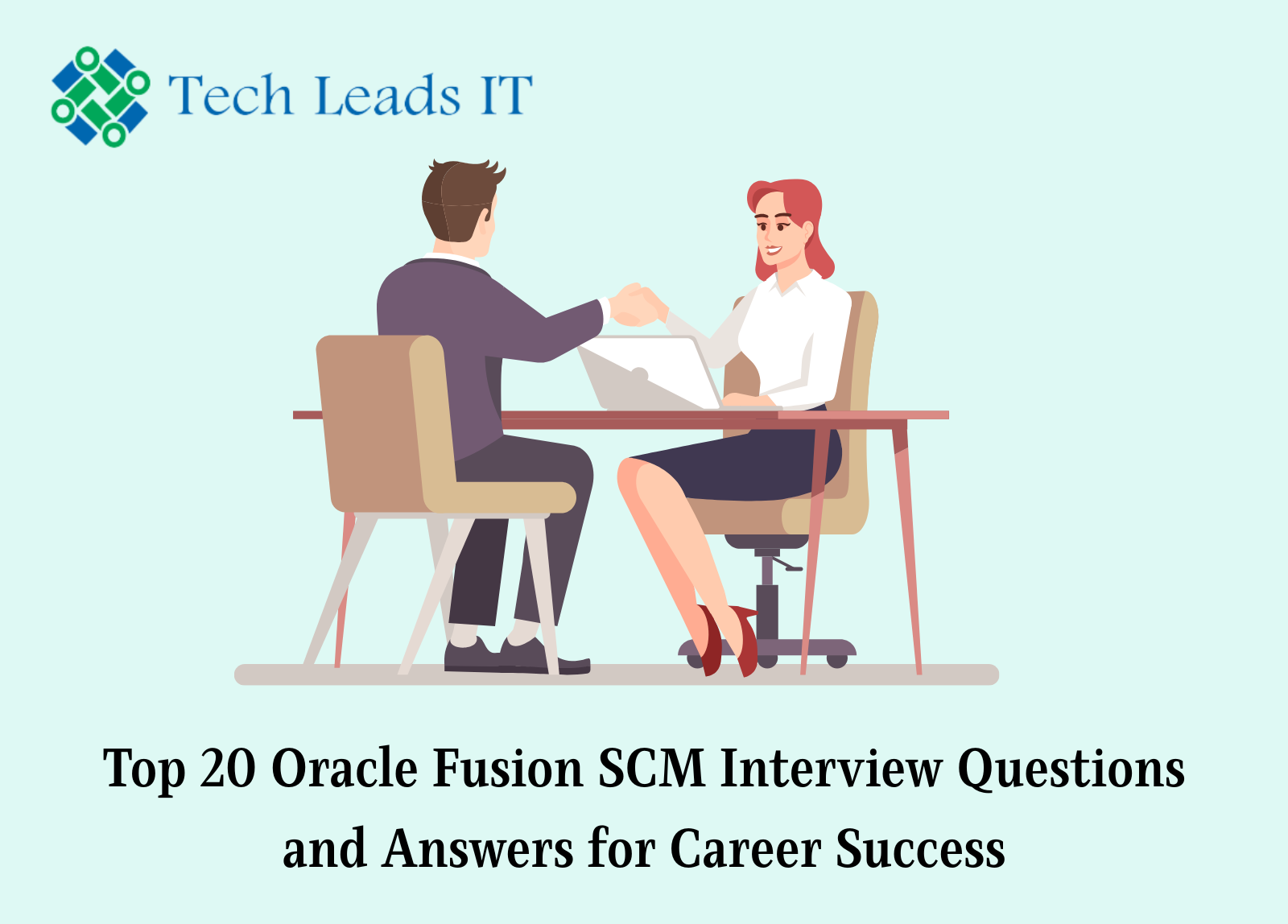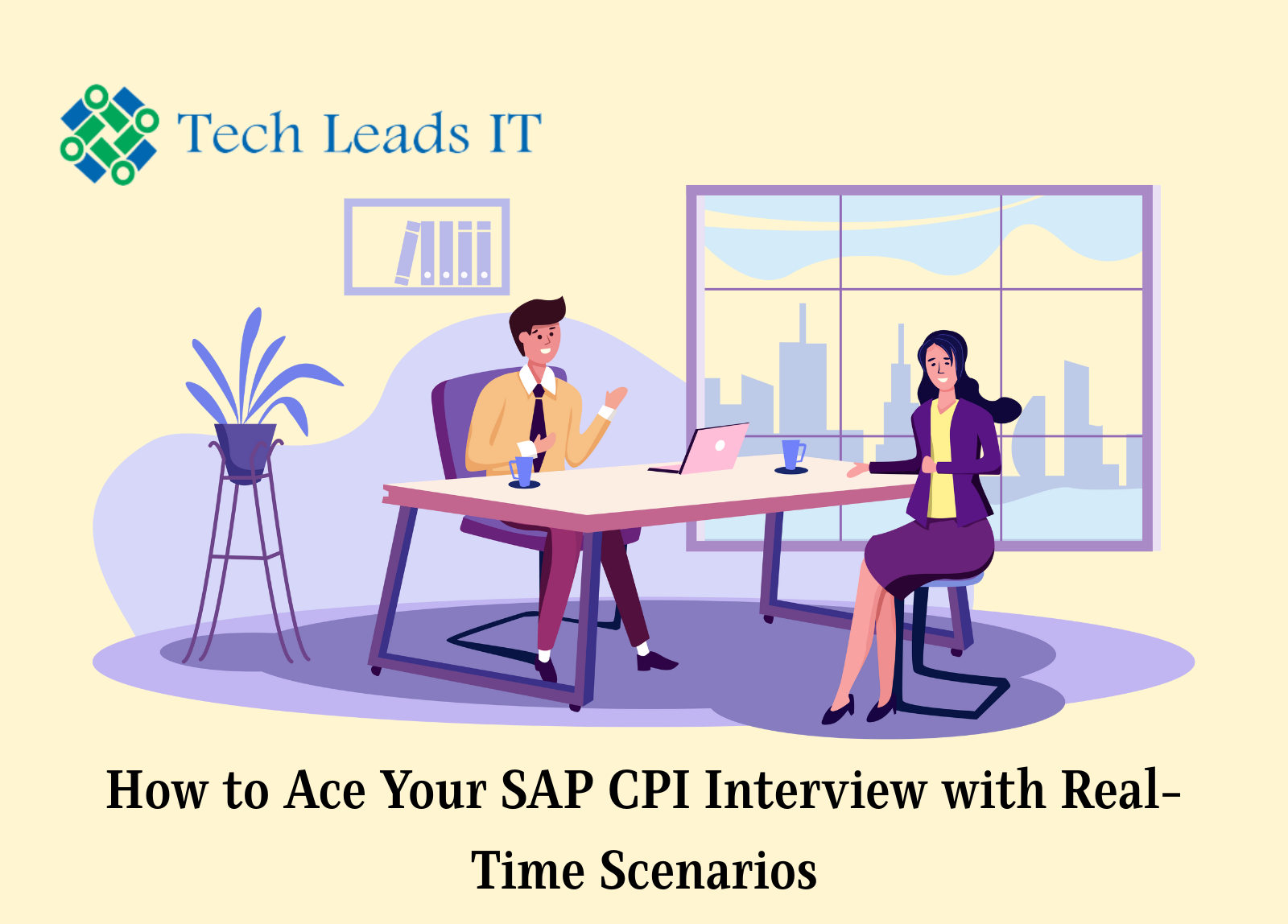Master Human Capital Management with Oracle Fusion HCM Training
Mon, 19 May 2025

Follow the Stories of Academics and Their Research Expeditions

Oracle Fusion Supply Chain Management (SCM) has become an essential part of modern enterprises seeking to streamline their end-to-end supply chain operations. Whether you're a beginner or an experienced professional, preparing for an Oracle Fusion SCM interview requires a solid understanding of the platform’s functionalities, modules, and real-time scenarios.
1. What is Oracle Fusion SCM?
A: Oracle Fusion SCM is a cloud-based suite that manages an organization's supply chain activities, including procurement, inventory, order management, product lifecycle, and supply planning. It offers real-time analytics and integrated tools for seamless operations.
2. What are the key modules in Oracle Fusion SCM?
A: The major modules include:
3. What is the role of Procurement in Oracle Fusion SCM?
A: Procurement in Oracle Fusion SCM handles the end-to-end procurement lifecycle, such as supplier management, purchasing, sourcing, and contract management, ensuring timely and cost-effective sourcing of goods and services.
4. Explain the difference between Fusion Inventory and Fusion Costing.
A:
5. What are Procurement Contracts in Fusion SCM?
A: Procurement Contracts are formal agreements with suppliers that define pricing, terms, and conditions. Oracle Fusion helps automate and manage these contracts for compliance and savings.
6. How does Fusion SCM handle multi-org structures?
A: Oracle Fusion SCM uses a multi-org structure with entities like Business Units, Inventory Organizations, and Legal Entities to manage operations across different geographies and divisions.
7. What is the use of Product Information Management (PIM)?
A: PIM centralizes and manages product data to ensure consistency, accuracy, and real-time updates across all supply chain functions.
8. What is a Business Unit in Oracle Fusion?
A: A Business Unit is a functional organization aligned to specific business functions like procurement or sales. It acts as a control point for processing transactions.
9. How does Oracle Fusion manage approval workflows in procurement?
A: Fusion uses BPM (Business Process Management) to configure and manage flexible, role-based approval workflows for requisitions, purchase orders, and invoices.
10. Can you explain the concept of Self-Service Procurement?
A: Self-Service Procurement allows employees to raise requisitions using an intuitive shopping interface, reducing administrative tasks and promoting policy compliance.
11. What are Purchasing Categories in Fusion SCM?
A: Purchasing Categories classify items or services for procurement. They enable policy enforcement, reporting, and strategic sourcing.
12. What is a Blanket Purchase Agreement?
A: A Blanket Purchase Agreement is a long-term agreement with a supplier that defines pricing and terms for recurring purchases over a period of time.
13. Explain the role of Receiving in Oracle SCM.
A: The Receiving function manages the receipt of goods and services, including inspections, returns, and delivery to inventory or requesters.
14. How are supplier qualifications handled in Oracle Fusion?
A: Fusion SCM offers a Supplier Qualification Management (SQM) module to assess, approve, and monitor supplier performance and compliance.
15. What is a Requisition in Oracle Procurement?
A: A requisition is a formal request for goods or services raised internally. It may be converted into a Purchase Order upon approval.
16. Describe the Procure-to-Pay (P2P) process in Fusion SCM.
Answer: P2P involves:
17. What reporting tools are available in Oracle Fusion SCM?
A: Oracle offers OTBI (Oracle Transactional Business Intelligence), BI Publisher, and Smart View for real-time, ad-hoc, and formatted reporting.
18. What are Costing Methods supported by Oracle Fusion Cost Management?
A: Oracle supports Standard Costing, Actual Costing, and Average Costing, allowing businesses to choose the best method for financial reporting.
19. How is Supply Chain Orchestration used in Fusion SCM?
A: Supply Chain Orchestration coordinates processes like order fulfillment, manufacturing, and procurement to ensure seamless execution across systems.
20. What is Oracle Fusion Order Management used for?
A: This module manages the entire order lifecycle—from capturing sales orders to processing shipments—ensuring customer satisfaction and operational efficiency.
Preparing for an Oracle Fusion SCM interview involves not only understanding theoretical concepts but also being ready to discuss real-time scenarios and configurations. These top 20 questions cover a wide range of functional areas that are commonly asked during interviews.
To boost your confidence, practice answering these questions aloud, tailor your responses with real-world examples, and stay updated with the latest features in Oracle Fusion SCM Cloud.
If you’re serious about mastering Oracle Fusion SCM, consider enrolling in a professional training program that offers hands-on experience, certification guidance, and expert mentorship.

Mon, 19 May 2025

Tue, 13 May 2025

Fri, 09 May 2025

Leave a Comment